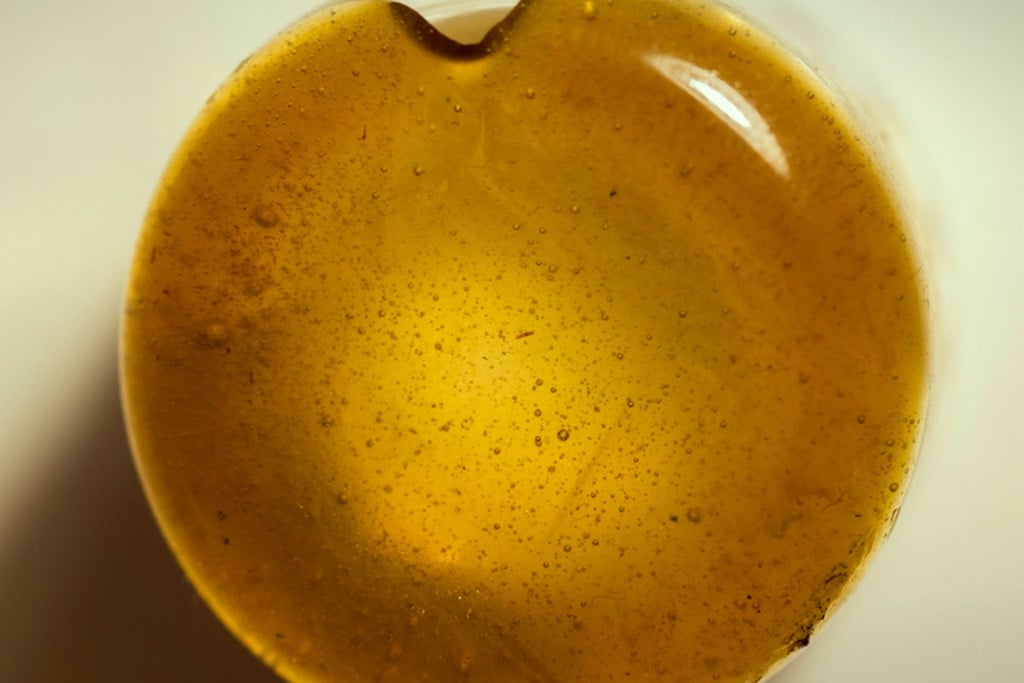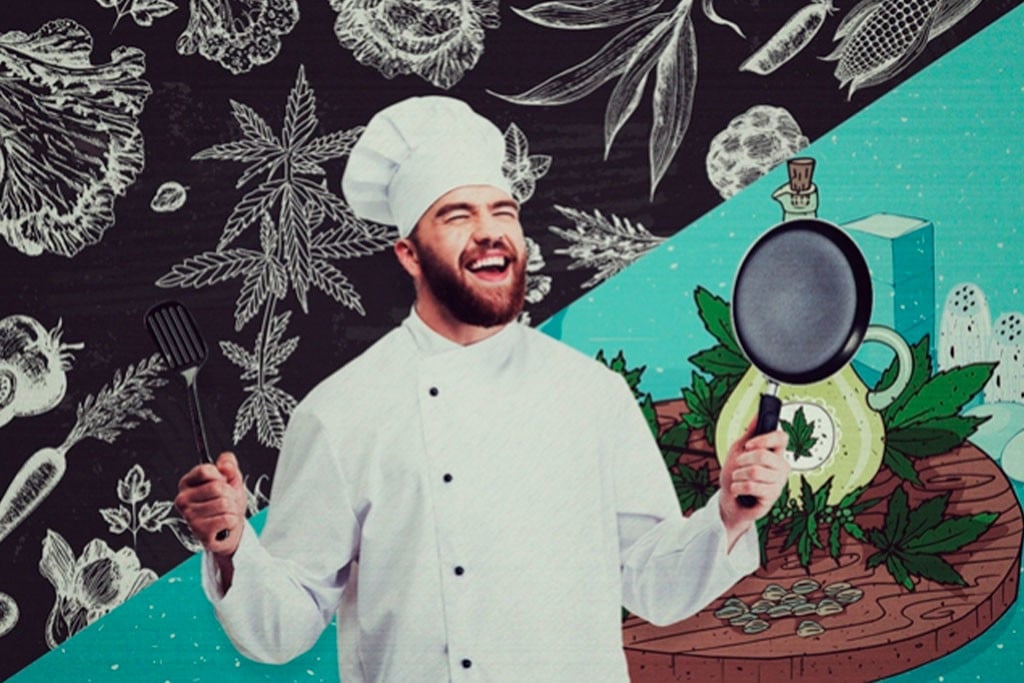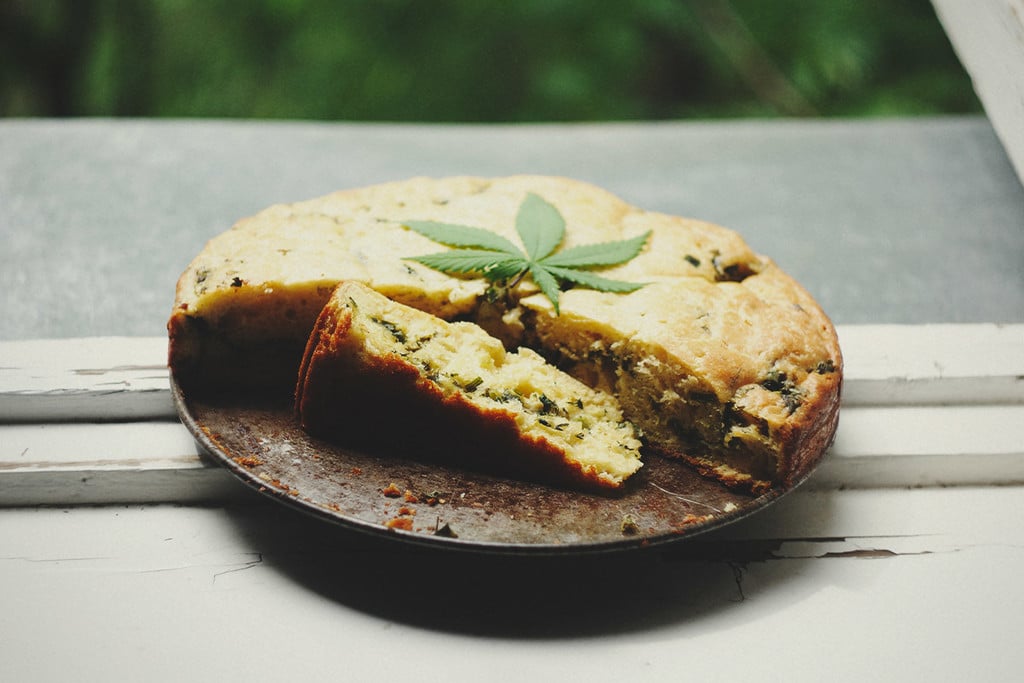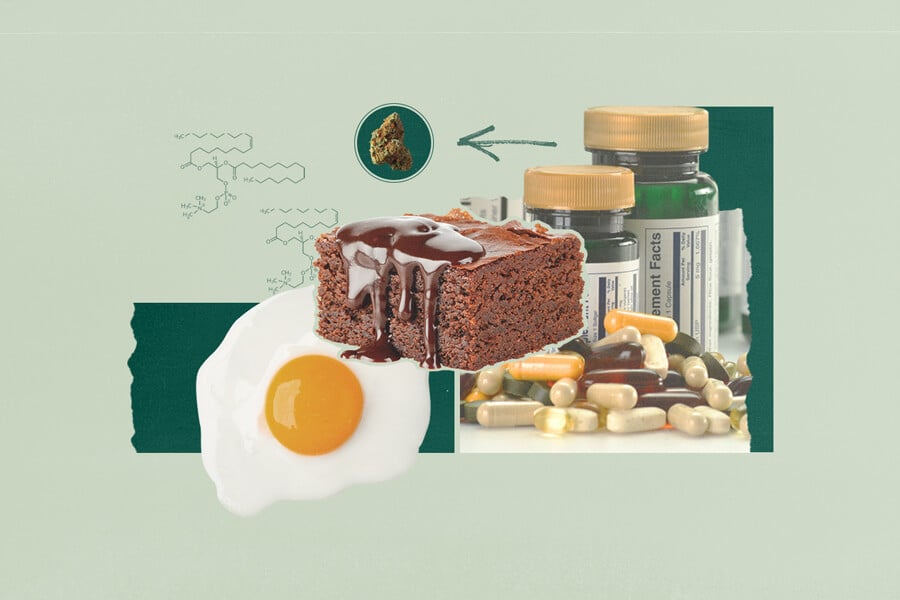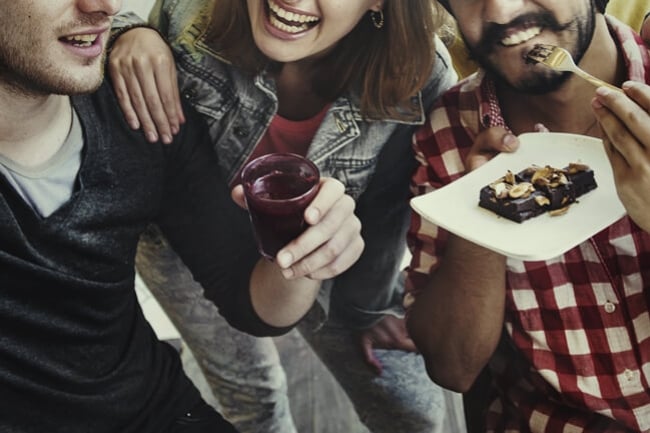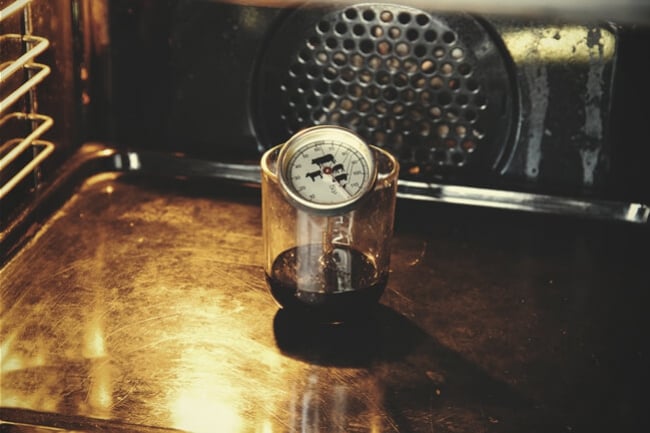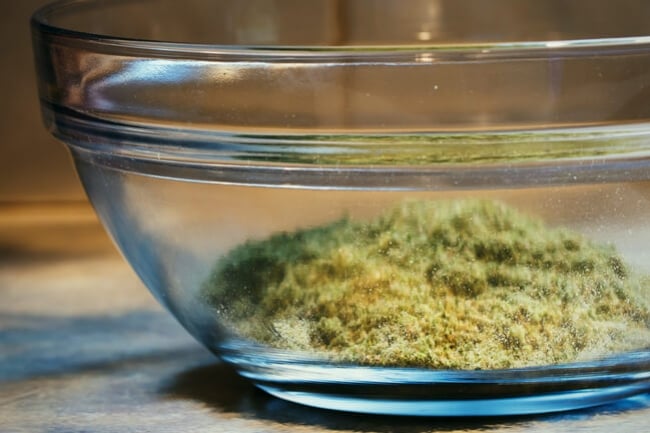.
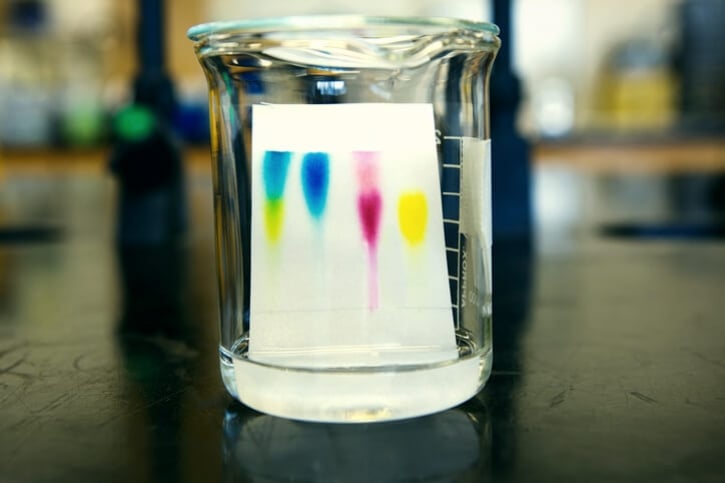
How To Test The Potency Of Cannabis Edibles
There are various chromatography techniques used to measure THC levels, each requiring expensive instruments as well as a large amount of time. An alternative is to assess the potency of edibles for yourself, so you can gain greater control over dosage and effects.
Edibles are a great way to get high without smoking. No need for combusting plant matter and filling your lungs with toxins.
However, if there is one thing you need to know about getting high off of edibles, it’s that they will take considerably longer to hit, the effects are significantly stronger, and the high lasts much longer too. This is a great thing when done responsibly.
Even a seasoned smoker playing hero may feel overwhelmed by the intensity of the side effects. Because the onset can take 45 minutes to an hour (or more) to manifest, it is far too common for people to assume they have not had enough and eat some more. A common mistake for the inexperienced.
THE POTENCY VARIATION IN EDIBLES
Not all edibles are born the same. In fact, the variation that can occur within edibles is vast. Depending on cannabinoid and terpene profile, as well as human error, the final product can be hard to accurately assess.
Some studies have found that up to 60% of marketed products[1] exhibit cannabinoid values below what is stated on the label. Inversely, 23% were above[2] the labelled concentration.
Labels should not be taken at face value, but instead treated as ballpark figures. This is not foul play amongst the most competitive branded products. The fact is, even when using top-of-the-line chromatographs, baked edibles are extremely hard to measure precisely. Newer methods are being developed, like cryo-milling, but are yet too novel at this time in the experimental phase. In fact, the lack of analytical predictability as well as labelling regulation makes medical use of cannabis edibles contraindicated.
So, how can you test the potency of edibles? Well, this is somewhat of a loaded question. Everything from strain to setting to what you had for lunch that day can determine the outcome of your edibles high. In order to figure out just how high-flying your edibles are, consider the following tips so that you can experience more controlled effects with cannabis-infused foods.
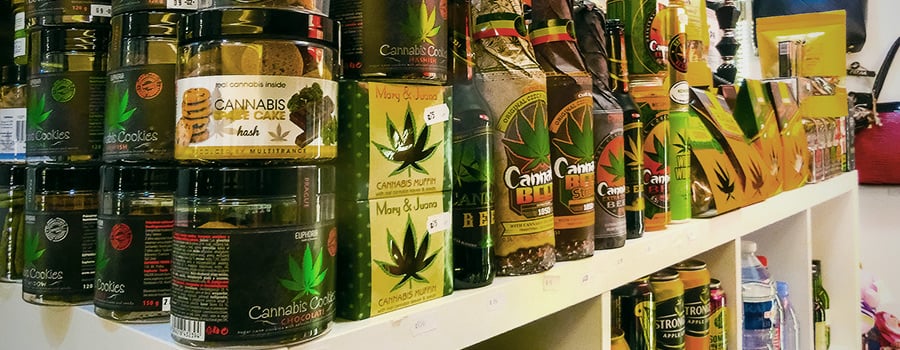
THE GOLDEN RULE - SET AND SETTING
The golden rule of consciousness-altering self-experimentation is to prepare yourself beforehand. One of the most critical factors for a pleasant psychotropic experience is to not have any negative vibes or stressful situations around to pester you.
“Set” pertains to your mindset. Nervous? Calm? Happy? Depressed? All your emotions will play a role in the outcome of the experience.
“Setting” refers to the physical location and social interactions you may have. A good setting will amplify positive feelings in your “set”, while lessening or even preventing a bad experience.
Even if you're under a lot of stress, a lovely weekend out with your friends can be the perfect time to enjoy a strong pot-infused spaghetti carbonara for lunch. Your quick “getaway” from the metropolitan lifestyle with great company will recharge your spirits before coming back to the 9 to 5 grind.
This mental and physical preparation can make all the difference in the perceived potency of your edibles. If you’re in a positive mood, even an overwhelming high may not seem as dire if you’re distracted and having a good time. On the other hand, an already bad attitude can seriously augment the anxiety and paranoia associated with edibles, making it feel much more potent than it really is.
PACE YOURSELF - LESS IS MORE
If you have never experienced the high from eating decarboxylated weed (baked or cooked cannabis), then it is advisable to start with very low amounts. The high is notoriously different—some argue it to be more physical and sensorial in nature. Many even compare it to a low dosage of psychedelics.
Whatever the recommended amount, divide it by four. After ingestion, wait at last 1.5–2 hours to feel something before eating more. Edibles creep in slowly, and if you get distracted, you may find yourself very high without noticing it at first.
From here, it is up to you to decide. Dose as much or as little as you wish. Edibles contain lower risks than smoking.
This sort of cautious self-experimentation is a way to test the potency of edibles for the average consumer. Each time you eat an edible, jot down how much you ate and how it affected you in comparison to the THC content indicated.
DO IT YOURSELF - HOMEMADE EDIBLES
An alternative way to determine the potency of your edibles is to make them yourself. If you are able to determine the cannabinoid profile of the weed being used, and can accurately measure out ingredients and servings, you can get damn close to assessing the potency of your homemade goodies. While there will still be some slight variation within each recipe, you will at least have the benefit of overseeing the entire cooking process.
At the same time, the rigour of your kitchen procedures will contribute to the outcome of your experiment. Too much heat, uneven mixing, and lack of decarboxylation can all lead to a less-than-optimal end product and worse results.
- Cannabinoid Dose and Label Accuracy in Edible Medical Cannabis Products | Adolescent Medicine | JAMA | JAMA Network https://jamanetwork.com
- Cannabinoid Dose and Label Accuracy in Edible Medical Cannabis Products | Adolescent Medicine | JAMA | JAMA Network https://jamanetwork.com


























